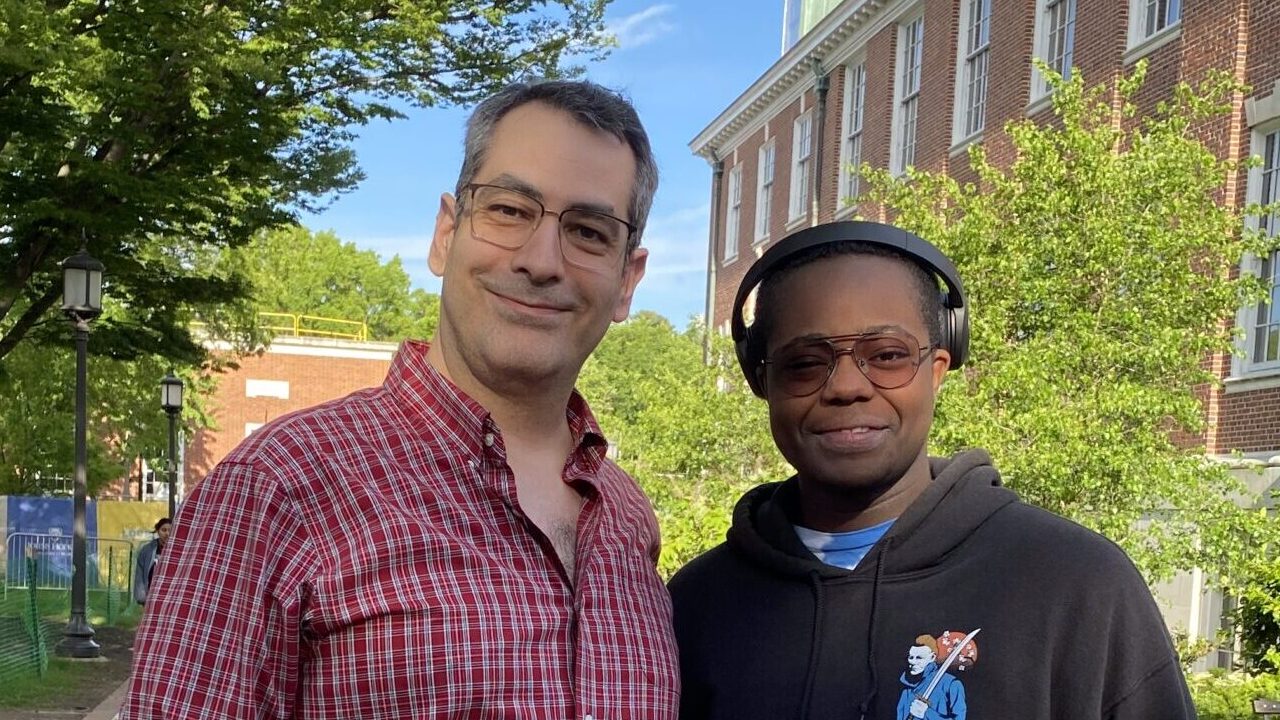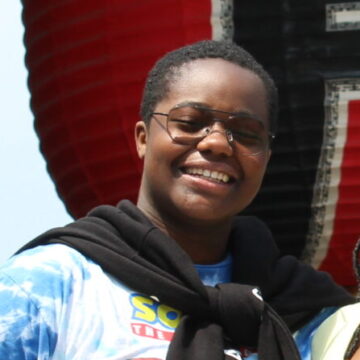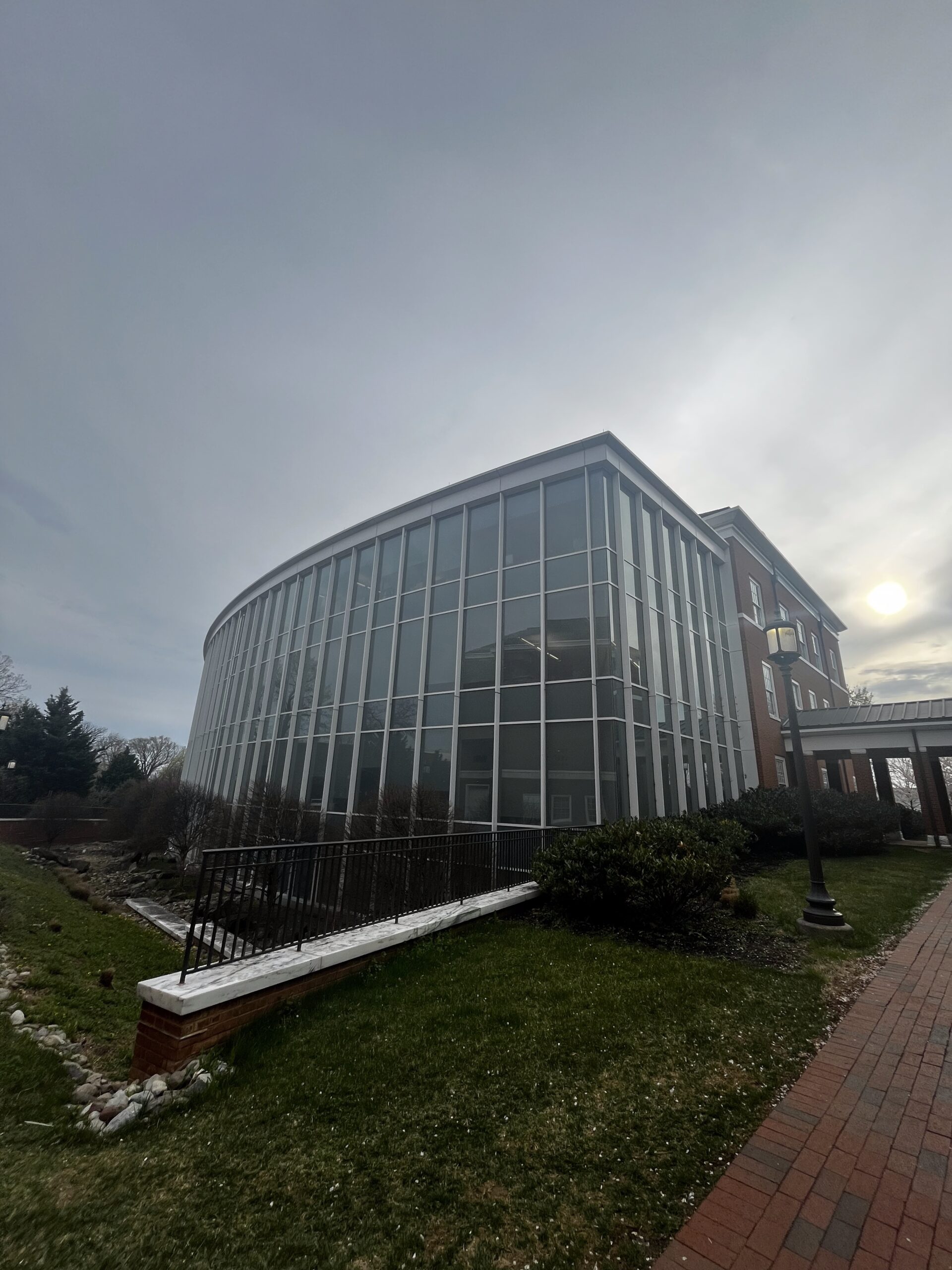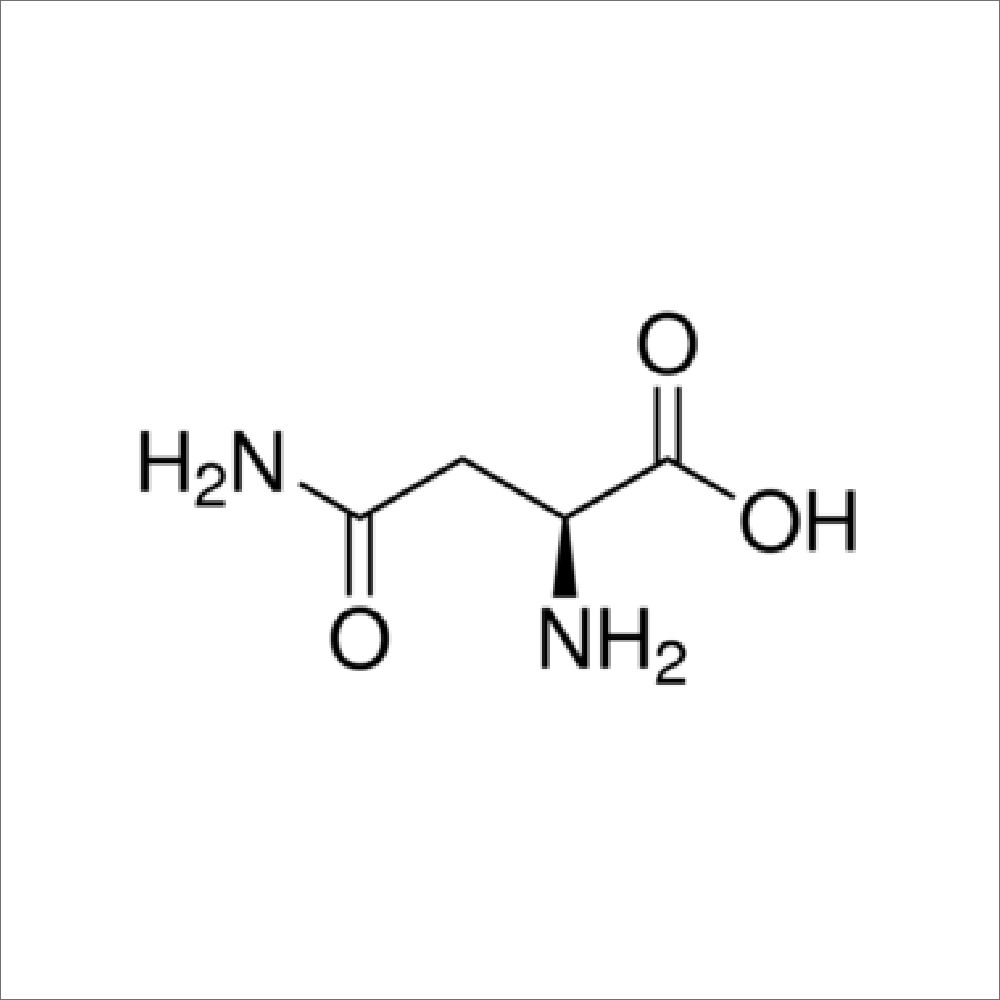
My only exposure to the various studies on proteins was during my sophomore fall in Biochemistry. Every year, nearly 400 students at Johns Hopkins will memorize their amino acids, along with chemical structures and properties, three-letter codes, and one-letter codes. Now, I don’t know about the rest of those students, but I do know that as soon as that class was over, I promptly forgot all that I had learned about proteins and what makes them what they are. My inability to remember asparagine’s carbonyl and amide groups no longer seemed to matter and I let it all fade into the background of my academic studies.
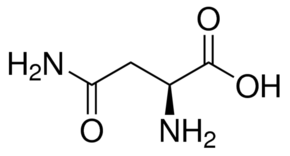
Now, over a year after my amino acid flash cards, studied knowledge of peptide bonds, and in depth analysis of hemoglobin’s active sites, the amino acids are back and I have to kick the old biochemistry brain back in to overdrive. As I reach my final semesters in the bulk of my major, they become more and more specialized, and all of a sudden, two of my classes are strictly dedicated to the study of proteins.
Protein Engineering and Biochemistry Lab (PEBL, pronounce “pebble”) is a lab course in the Biophysics department in the School of Arts & Sciences. In this course, we will be working with a protein called SNase, or Staphylococcus aureus nuclease, learning about its properties using various analytical techniques, and changing one of the amino acids in its sequence to a different amino acid called proline.
Application of Molecular Evolution to Biotechnology (I wish there was an acronym for this class) is a bioengineering elective that I’m taking this semester in the Chemical & Biomolecular Engineering department in the School of Engineering. This is another class entirely focused on proteins but takes a different approach from PEBL. This course meets two times a week, and the bulk of its work takes the form of reading journal articles and reviews, focusing on directed evolution.
To top it all off, I’ve applied to work in a lab overseas this summer working on a cell-free protein synthesis project. Needless to say, if someone had told me a year and a half ago as I pored over my amino acid flash cards that I would have a semester so heavily focused on the proteins they made, I probably wouldn’t have believed it. Now I’m just trying to glean as much information as I can this semester before I (hopefully — I’m still in an application process) go abroad to experience it in a research lab for real.
